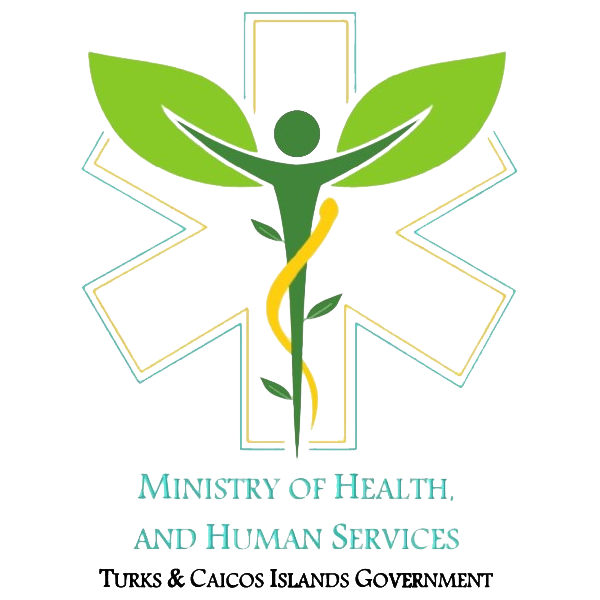

Coronavirus disease 2019 (COVID-19) is a respiratory illness caused by a virus called SARS-CoV-2. Symptoms often include cough, shortness of breath, fever, chills, muscle pain, sore throat, or new loss of taste or smell. The virus is thought to spread mainly from person-to-person:
Recent studies indicate that the virus can be spread by people who are not showing symptoms. It may be possible that a person can get COVID-19 by touching a surface or object that has the virus on it and then touching their own mouth, nose, or possibly their eyes.
Introduction
The health of our citizens, including transport workers and passengers, remains the key priority. Particular consideration should be given to vulnerable populations, such as the elderly and those with underlying medical conditions, in full respect of their privacy. The easing of travel and operational restrictions should therefore be gradual to protect public health and ensure that transport services can re-adjust to increase passenger volumes.
The restoration of public transport services will be fully dependent on the phased approach to relax containment measures and should remain fully aligned and consistent with public health policies and guidelines.
The Public Service vehicle fleet in the Turks and Caicos Islands consist three main classes of services mainly Taxis, Private Transfer and Community Cabs. A fourth class which is not as prevalent as the first three, is the Private charter vehicles which are licensed to carry 20 or more passengers and is used mainly for island tours and carrying large groups.
Taxi and Private Transfer services are the main forms of transportation used by guest coming to our Islands. Community Cabs are used to a lesser extent. Taxis carry a maximum of 10 passengers, Private Transfer vehicles are licensed to carry a maximum of 10 passengers, although this is usually not the case as guest tend to want exclusivity when traveling by Private Transfer vehicles and Community Cabs may carry a maximum of four passengers at any one time.
A quick glance at Public Transport Vehicle services in some Caribbean territories such as Jamaica, Trinidad and the Bahamas show a number of types of transport services including Taxis, Maxi and Mini Buses, Private Transport Services and what is referred to in Trinidad as Maxi Taxis, a service that can be compared to our Community Cab Services.
The threat of the spread of Coronavirus has led to stringent measures being implemented to curtail the spread through the Public Transport services including limiting the number of passengers carried in each class and strict cleaning and deep cleaning protocols including PPEs required to be worn by passengers and drivers. In Jamaica for instance operators of Public Transport vehicles are required to have hand sanitizer available in their vehicles at all times. Drivers are also privy to an agent for use in their vehicles known as electrostatic spray, widely used and is known to be effective in killing off the virus. All passengers are required to wear face mask for the entirety of the journey including the driver who must use gloves when handling passenger luggage, changing gloves frequently to avoid contamination of door handles and passengers’ luggage in between pickup and drop-offs. Deep cleaning is required a minimum of twice per week with frequent cleaning by operators using chlorinated wipes to clean door handles and seats in vehicles. Lysol is also encouraged to spray inside vehicles regularly.
Having Had the benefit of viewing the protocols in place in other territories and in preparation for the reopening of the Tourism Market in the Turks and Caicos, the following are recommendations for the Public Service Vehicles operating in the Islands to maintain Social distancing and avoid the transfer of the virus between individuals and operators. These recommendations are in addition to any protocols already put in place by the Public Health Authorities.
Scope: These protocols provide guidance to vehicle operators to help slow person-to-person transmission of coronavirus disease 2019 (COVID-19). This guidance may be updated as new information becomes available since the situation is rapidly and constantly changing.
Public transport systems have to be considered a high-risk environment due to: High number of people in a confined space with limited ventilation; no access control to identify potentially sick persons.
Vehicle operators should take the following precautions to keep themselves and their passengers protected:
Guidance by type of public service vehicle
Taxis
Vehicles to be deep cleaned in accordance with public health protocols at minimum once per week.
Private Transfer Vehicles:
Community Cabs:
Private Charter Vehicles:
Clean and disinfect your vehicle routinely.
When cleaning and disinfecting:
Maintain social (physical) distancing.
Special considerations for drivers above the age of 65 years or with pre-existing medical conditions
The existing protocols recommend that persons 65 and older to remain isolated and away from members of the public as much as possible. It further recommended that where possible persons in this age group work from home. Drivers with compromised immune systems are advised to seriously consider the risk to self when exposing themselves to the work environment, particularly not being clothe in Personal Protective Equipment. Public Service Vehicle Operators are advised to follow the Protocols outlined by the Public Health Department for persons over 65 years of age. As an added protective measure, drivers should consider installing plexi glass to create a barrier between themselves and passengers, particularly drivers over the age of 65 years.
For additional information and guidance, please call the Ministry of Health hotline on 268-4319.